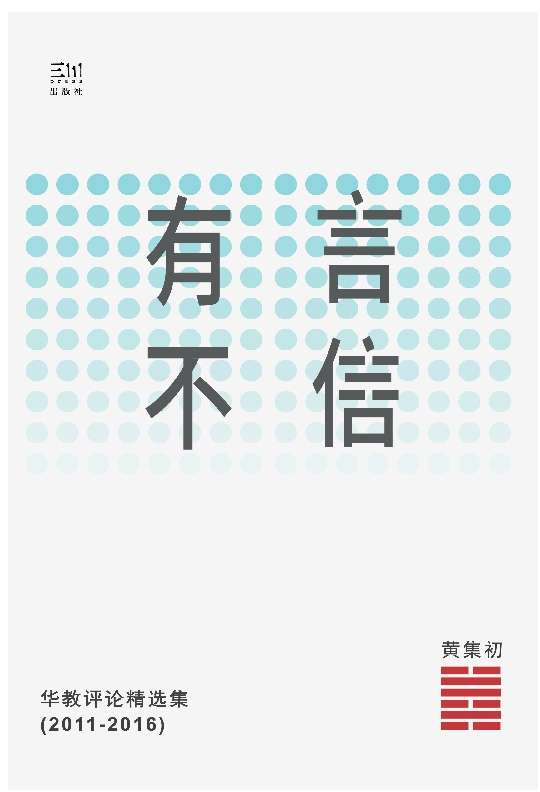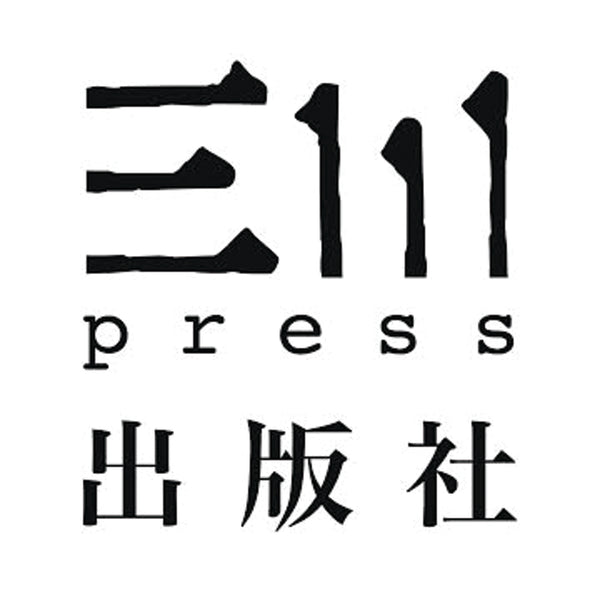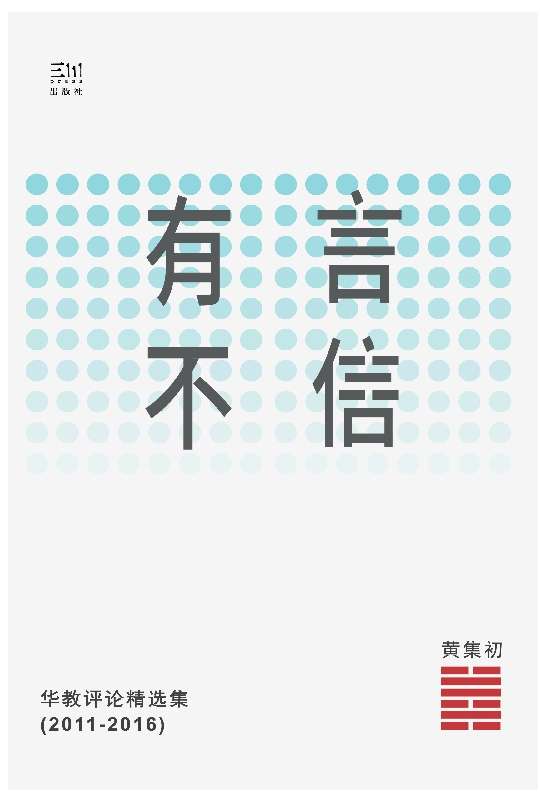Words Not Believed: Selected Commentaries on Chinese Education (2011-2016)
Words Not Believed: Selected Commentaries on Chinese Education (2011-2016)
5 in stock
Couldn't load pickup availability
ISBN/EAN: 9789672086031
出版日期: 2017-12-18
页数: 200页
语言: Simplified Chinese
Defining concepts and analyzing data: a collection of commentaries on Chinese education topics
The book is divided into five main categories: Chinese primary schools, independent Chinese secondary schools, disputes over Chinese education, language disputes and the Anglicization of mathematics and science, and reforms to Chinese education. It provides a fairly comprehensive overview of the struggles and developments of Chinese education in Malaysia before and after independence. —Liu Zhiwen (Chairman of the Lim Lian Geok Foundation)
Huang Jichu, drawing on educational theory and data, delve into the fundamental issues of education and conducts in-depth analysis, providing educational activists with the right direction to follow and allowing the general public to gain a deeper understanding of education. — Zhang Yongqing (Principal of Port Dickson Chinese Middle School)
Huang Jichu's commentary on Chinese education clearly defines all the concepts he touches on, and uses data to illustrate the issues. He is concise, to the point, and straightforward, without any unnecessary rambling. —Dr. Liao Wenhui (Director of the Malaysian History Research Centre and Senior Lecturer in the Chinese Department, New Era University College)
Huang Jichu
A columnist for Malaysiakini. He entered National Taiwan University's Department of Mathematics as his first choice, but graduated with a History degree, prioritizing science over liberal arts. He served in independent Chinese secondary schools for 17 years, serving as principal of two. While serving as principal, he felt a deep sense of his own lack of academic background, striving diligently and striving for progress. After ten years of hard work, he earned a doctorate in education from Central China Normal University in Wuhan in 2016. His commentary focuses primarily on education, occasionally dabbling in politics to fulfill his civic responsibilities.
Preface 1 Liu Zhiwen (Chairman of the Lim Lian Geok Foundation) 3
Preface 2 Dr. Zhang Yongqing (Principal of Port Dickson Chinese Middle School) 5
Preface 3 Dr. Liao Wenhui (Director of the Malaysian History Research Center, New Era University College, Senior Lecturer of the Chinese Department) 8
Preface to Huang Jichu 11
A. Chinese primary school
A.1 On the 5-year-old school enrollment18
A.2 Review of Chinese Language Teachers’ Deployment 25
A.3 Fertility Rate and Loss Rate30
—— Interpretation of the survey report on the current status of the number of students in Chinese primary schools by the Federation of Chinese Associations of Malaysia (FCAM)
A.4 Population mobility and micro-Chinese primary schools 35
—— Interpretation of the survey report on the current status of the number of students in Chinese primary schools by the Federation of Chinese Associations of Malaysia (FCAM)
B. Independent Chinese schools
B.1 Financial Burden vs. Organizational Mission44
—— On the Moral Dilemma of Independent Chinese Schools
B.2 Myths about student numbers in independent Chinese schools 50
B.3 On the mobility of teachers in independent Chinese schools 56
B.4 A preliminary study on the loss of students from independent Chinese schools 63
B.5 A detailed study of the dropout rate of independent Chinese school students 66
C. Disputes over Chinese education
C.1 Is it the 61st independent school? 76
—— On Kuantan Chung Hwa Middle School
C.2 When Chinese Education Was Profitable87
C.3 Re-discussing the Guanzhong Dispute93
C.4 Is the Unified Examination an internal examination under the Act? 106
C.5 Who defines independent Chinese schools? 112
C.6 Reasons why Dong Zong’s internal disputes are difficult to resolve 121
—— Transition from rule by man to rule by law
D. Language Controversy and Anglicized Mathematics
D.1 The Zhongling Model and English-based Mathematics 130
D.2 Englishization of Mathematics and Science from the Perspective of Bilingual Education 138
D.3 Mother Tongue and Dialect 143
D.4 On “Chinese are the mother tongue of the Chinese people” 150
D.5 Language Policy after the Englishification of Mathematics and Science 155
—— Notes from the 2014 Huayan Biennial Conference
D.6 Review of the controversy surrounding the Englishization of mathematics and science in independent Chinese schools 162
D.7 From English-based Mathematics and Science to the Bilingual Language Learning Program (DLP) 170
E. Reform of Chinese Education
E.1 Chen Chongen and Wang Yongnian 180
—— Comments on Chen Ziying’s Theory of Political Identity
E.2 Is it possible for Chinese schools to undergo a second restructuring? 187
E.3 The idea and turning point of “ultimate goal” 195
Share


